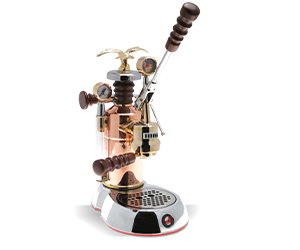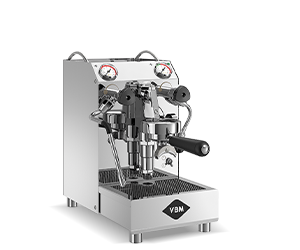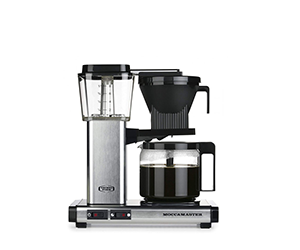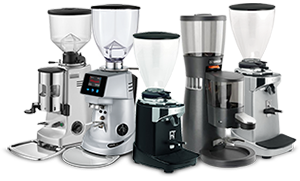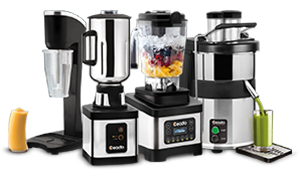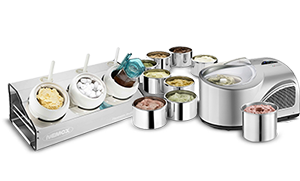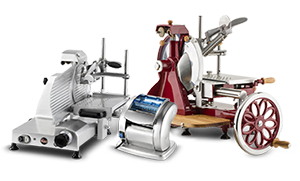Over 11 million people in the United Kingdom are aged 65 and older, and as life expectancies continue to rise, this number will only grow. According to the ONS, by 2041 the number of people aged 85 years or older will have tripled. This highlights the importance of preparing for old age and maintaining good health, both physically and neurologically. In recent years, coffee has gained a lot of attention for the potential health benefits associated with caffeine and other compounds extracted from the grounds.
HOW MUCH IS TOO MUCH?
Of course, any food taken to an extreme can have adverse effects on your health. When consumed in moderate amounts (up to four 8-ounce cups per day), coffee can provide many health and psychological benefits. Beyond this moderate consumption, coffee can cause anxiety, insomnia and digestive issues. The healthiest way to drink coffee is black with no milk, sugar or sweeteners. This reduces your risk of diseases affecting the liver and kidneys and brings the calorie count down to near zero. Furthermore, drinking coffee black can actually reduce your risk of these diseases.
Because of the diversity in beans and preparation techniques, entering the coffee world can be quite confusing at first. For the uninitiated, producing quality coffee at home might sound expensive, but that couldn’t be further from the truth. For retirees, planning purchases and knowing your outgoings is very important.

HEALTH BENEFITS OF COFFEE
Research has identified an association between the consumption of coffee and reduced risk of neurodegenerative diseases like Parkinson’s and Alzheimer’s. The role caffeine plays in this is unclear, however, and some research shows that the polyphenols present in coffee may be responsible for the associated benefits. This means that decaf may be a viable alternative for those looking for the health benefits of coffee without the risks caffeine can bring. Coffee is also associated with the reduced risk of Type 2 Diabetes and a number of liver diseases. Naturally, alongside these long term health benefits, there are of course the short term effects of caffeine to think of. In moderate amounts, caffeine can boost your energy and your ability to focus, which can be especially helpful to those working or in need of concentration.
Coffee’s mental benefits are well documented, but recent years have brought to light a number impressive long term effects. Consumed in moderation, it is associated with protection from a number of diseases. Furthermore, the diverse array of beans and grounds now available in shops means that it can be enjoyed at any price point, making it the perfect beverage for seniors.

